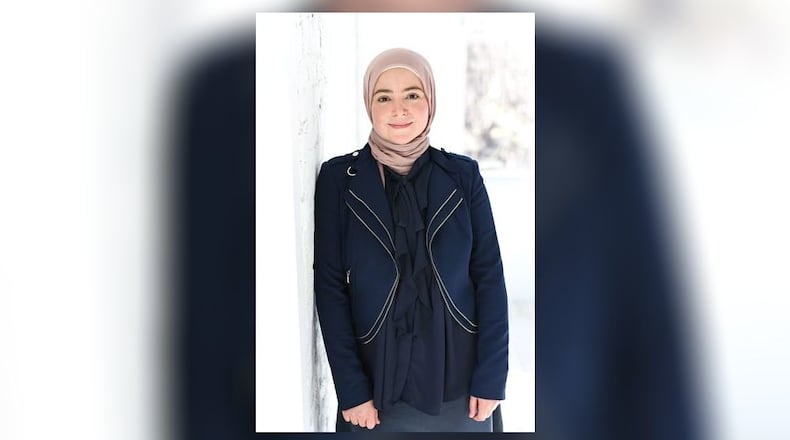We worked diligently to carry out an engaged, measured, and thorough redistricting process. While Ohio politicians used the excuse of delayed US Census data to do nothing, the OCRC took it upon themselves to host nine public hearings and 10 working sessions around the redistricting process with consultation from various mapping experts. Since May, the OCRC has solicited state-wide public testimony to ensure that concerns of all Ohioans were given ample consideration in the redistricting process. The resultant state legislative maps, the OCRC unity maps, were submitted as a proposal to the official redistricting process. The OCRC is also working to release its congressional unity map based on months of public input.
As a member of Ohio’s largest Muslim civil rights and advocacy organization, it is crucial to us that the redistricting process does not dilute the collective voting power of marginalized communities, like the Ohio Muslim community, who are often the subject of political discourse but rarely have a seat at the table. The OCRC made a concerted effort to identify communities of interest, particularly minority communities, with similar policy concerns, and who would likely benefit from cohesive representation through public testimony and community maps.
The OCRC maps have captured what the official commission – and now the Ohio General Assembly tasked with drawing congressional districts – should have worked towards all along: maps that reflect a nonpartisan, citizen-centered perspective on how Ohio communities realistically function.
Unfortunately, the official redistricting commission failed to deliver its constitutionally mandated duties. The commission began a rushed process within only a few weeks of official map deadlines and with as little as 24-hour notice for public hearings which were held during work hours for most Ohioans. This haphazard process guaranteed that public input was not being given the careful consideration it deserved. As a result, we are left with gerrymandered four-year maps that ignore the Ohio constitution directing map drawers to draw districts that correspond closely to the statewide preferences of voters. This gives the GOP a veto-proof supermajority in both chambers even though the GOP receives less than 55% of the vote statewide.
But the fight for fair maps is not over. Now, the Ohio General Assembly is tasked with drawing the state’s congressional districts. This process will determine Ohio’s political future for the next decade. With Senate President Huffman stating that meeting the Sept. 30 deadline is unlikely, we should all be concerned this map will be hastily pushed through partisanship in the same way our state legislative maps were, disregarding the reforms Ohioans were promised and resulting in unconstitutional and unacceptable districts.
This is why I support the OCRC congressional unity map, which was created in a process led by and for Ohio constituents and which empower underrepresented communities. You can view the draft map at ohredistrict.org/unity-maps and provide input on this map during a virtual OCRC Public Hearing at 6 p.m. on Monday, Sept. 27. Visit http://bit.ly/ocrcmaps2 to register.
Amina Barhumi is the Outreach Director for the Ohio Chapter of the Council on American-Islamic Relations (CAIR-Ohio), a civil rights and advocacy organization for Ohio Muslims, and serves as a commissioner on the Ohio Citizens’ Redistricting Commission.
About the Author
